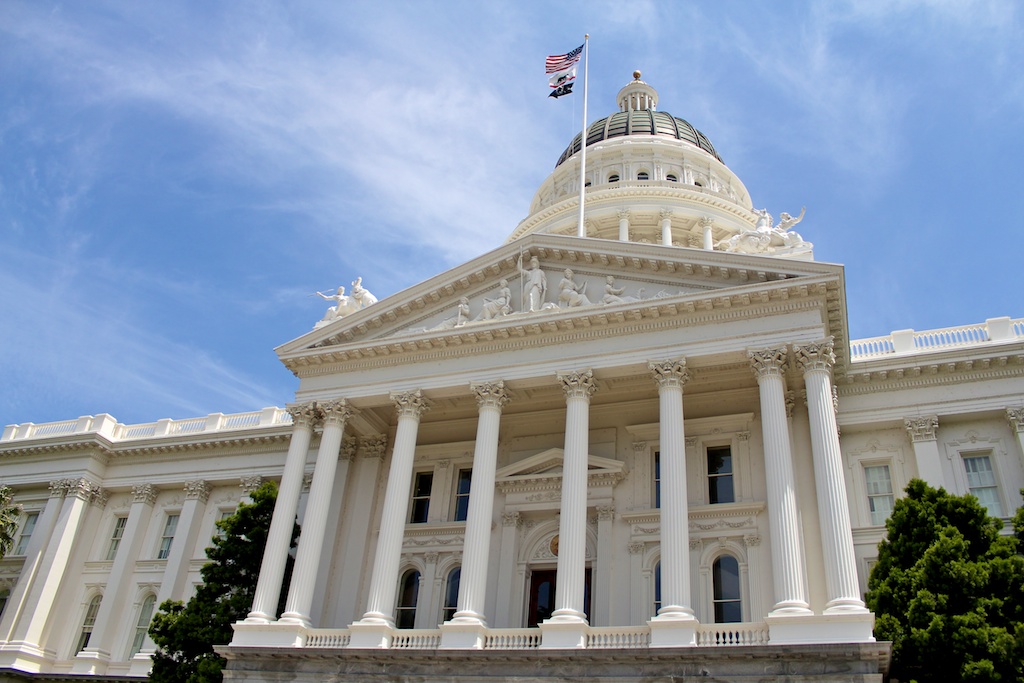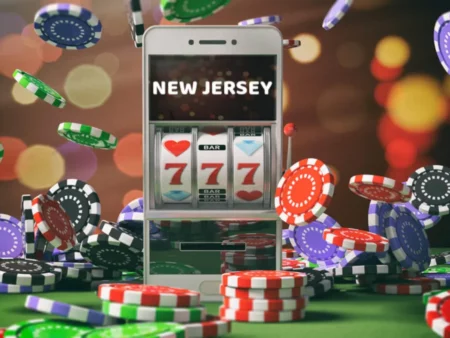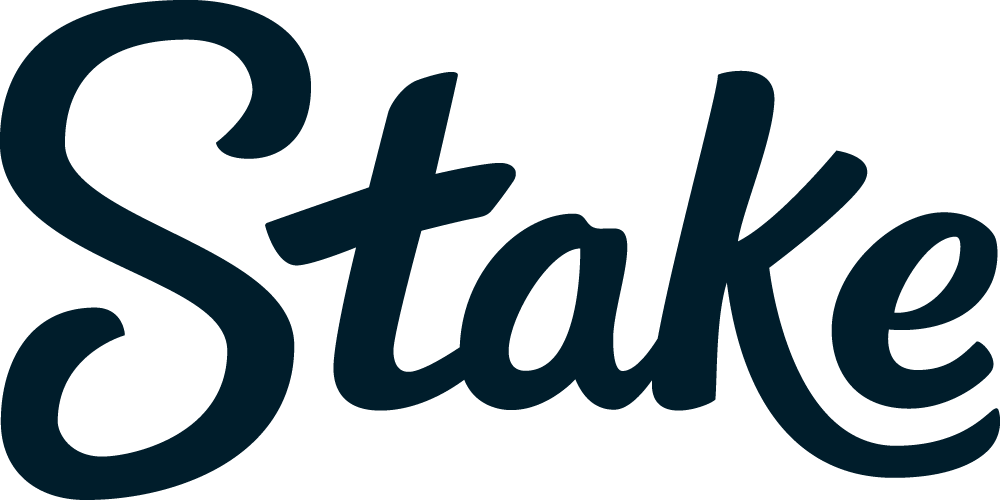
As reported in March here on poker.pro, there are multiple jurisdictions across the US looking to crack down on the casino sweepstakes model. In March, we reported on eight jurisdictions, including Nevada, New York, and Massachusetts, looking to heavily regulate or outright ban the popular online casino business model.
Now, it looks like the biggest state in the union, California, is following suit with a comprehensive bill that includes specific amendments aimed at the sweepstakes model. Bill AB831, sponsored by Democrat James Ramos, was already going through the process when a recent second reading of the bill saw significant amendments introduced that specifically target businesses using the sweeps model in conjunction with ongoing online casino or sports betting operations.
The new language seems to closely mirror the New York bill, according to an excellent rundown on the recent amendments by Jeff Edelstein at Casino Reports. The new language, added this week by Assemblyman Avelino Valencia makes it a misdemeanor to be involved in “sweepstakes games that mimic casino-style gambling and offer players a chance to win cash or cash-equivalent prizes”.
Beyond Operators
One of the most interesting aspects of the recent California amendments are the breadth of the proposed new regulations. While most states have squarely targeted the operators of online sweepstakes casinos, California has cast a much wider net with these amendments.
In addition to the companies directly operating the casinos, the new legislation, if passed, would also capture many of the ancillary players that support the industry, such as geolocation services, payment processors, and social media boosters. Entities found guilty of breaking the new regs would face up to $25,000 in fines and 1 year in county jail.
That much wider net would seem to make California’s new rules the most comprehensive attack on the model so far in the United States. By targeting ancillary partners like affiliate marketers and content suppliers, not to mention content creators who stream sweeps action and promote various sites, the state has signaled a much stronger desire to put an end to the model than other legislation.
Other Aspects of AB831
The new amendments are looking to close a lot of perceived loopholes. Part of the new language includes definitions of “direct” and “indirect” consideration, with “consideration” being a key component of the legal distinction between gambling and gaming. “Consideration” essentially means paying any kind of entry fee to an event where you can win prizes, with direct consideration referring to a direct payment of cash for entry, and indirect consideration including less direct payment methods such as offering “free coins” purchases for real money, with those coins used to enter games with prizes attached.
Perhaps the biggest ramifications from the bill, if passed in its second-reading form, will be on social media content creators and influencers who promote these sites. New York has similar language in its proposed bill, but both bills go beyond the typical effort to go directly after the casino operators, and the new rules could put a few big-name celebrities at legal risk.
Drake, Paris Hilton, and Ryan Seacrest are just a few celebrities who have endorsed sweepstakes casinos publicly, and California’s language looks to gather them up in the net as well.
Industry Pushback
It’s no surprise that industry lobby groups have pushed back against the legislation. The Social and Promotional Games Association (SPGA) put out a scathing statement on the 23rd as the new amendments were being considered in second reading.
“This isn’t how sound policy gets made,” a spokesperson for the SPGA said via press release. “A last-minute effort to outlaw legal digital games, without public debate, expert input, or economic analysis, sends a chilling message to entrepreneurs, innovators, and investors across the state.
“California voters didn’t sign on for backroom deals dictated by powerful political interests. With the state facing wildfires, a housing crisis, and a full federal assault on Californians’ rights, it’s astounding that any lawmaker would make banning mobile games a priority.”
AB831 Nears Completion
While the bill is still working its way through the California State Legislature, its progress so far indicates a reasonably good chance to be passed. After the second reading amendments were introduced on June 23, the bill was ordered to a third reading the following day.
AB831 Legislative Timeline
| Action Date | Chamber | Action |
|---|---|---|
| Jun 24 | Senate | Read second time. Ordered to third reading. |
| Jun 23 | Senate | Read second time and amended. Ordered returned to second reading. |
| Jun 23 | Senate | Ordered to second reading. |
| Jun 23 | Senate | From inactive file. |
| Jun 13 | Senate | Ordered to inactive file at the request of Senator Richardson. |
| Jun 13 | Senate | From Consent Calendar. |
| Jun 11 | Senate | Read second time. Ordered to Consent Calendar. |
| Jun 10 | Senate | From committee: Do pass. To Consent Calendar. (Ayes 14. Noes 0.) (June 10). |
| May 14 | Senate | Referred to Com. on G.O. |
| May 06 | Senate | In Senate. Read first time. To Com. on RLS. for assignment. |
| May 05 | Assembly | Read third time. Passed. Ordered to the Senate. (Ayes 77. Noes 0.) |
| Apr 21 | Assembly | Read second time. Ordered to third reading. |
| Apr 10 | Assembly | Ordered to second reading. |
| Apr 10 | Assembly | Withdrawn from committee. |
| Apr 03 | Assembly | From committee: Do pass and re-refer to Com. on APPR. with recommendation: To Consent Calendar. (Ayes 21. Noes 0.) (April 2). Re-referred to Com. on APPR. |
| Mar 03 | Assembly | Referred to Com. on G.O. |
| Feb 20 | Assembly | From printer. May be heard in committee March 22. |
| Feb 19 | Assembly | Read first time. To print. |









